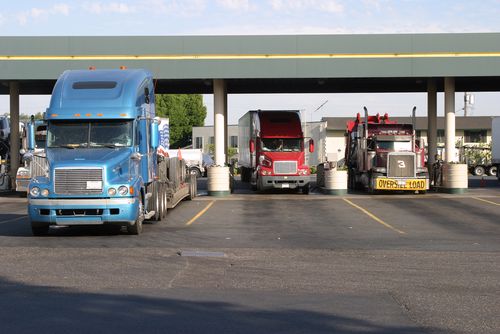Nearly 85% of chief financial officers point to supply chain disruptions as among their biggest sources of unease. The poll, which was conducted by financial services firm BDO, involved 600 chief financial officers leading highly successful organizations, meaning companies whose annual sales are at least $500 million. Respondents identified the supply chain (84%), limited options for experienced hires (79%) and tax reform (79%) as their top three stressors so far in 2022.
"The pandemic exposed weaknesses in global supply chains, [but] these issues were percolating well before," the report notes, as quoted by Supply Chain Dive.
Small-business owners also affected by talent troubles
In addition to the problems the pandemic has created for the supply chain, COVID-19 has also led to job loss, but more in the way of workers voluntarily leaving their employers for other opportunities than layoffs. The talent shortage is something small businesses are encountering as well. In a survey conducted by the National Federation of Independent Business, nearly 1 in 4 small-business owners (22%) cited labor as their top challenge.
Bill Dunkelberg, chief economist at the NFIB, noted that small-business owners have been struggling with hiring for awhile now, during which time diminished output has contributed to supply chain instability.
"Throughout the country, the number of job openings continues to exceed the number of unemployed workers, which has produced a tight labor market, especially on Main Street," Dunkelberg said in a press release. "Small-business owners are working hard to recruit and retain employees to get back to a full and productive workforce."
In this regard, it comes as little surprise that chief financial officers in the BDO poll cited supply chain disruption and the talent shortage as their two main business risks; fewer people working has contributed to the demand-side pressures fueled by customers.

CFOs confident revenues will be strong
Despite these concerns, though, CFOs remain optimistic that 2022 will nonetheless be a successful year in the long run. Approximately two-thirds of respondents said they expect their revenues to be higher this year than in 2021.
What may prevent organizations from reaching their profit goals is inflation, as the cost of doing business continues to push higher and higher. The Producer Price Index, a Department of Labor statistic that measures wholesale prices, rose a seasonally adjusted 0.8% in February compared to the previous month. The growth rate slowed from 1.2% in the January report.
NFIB's Dunkelberg noted that the combination of inflation, supply chain disruptions and labor shortages may ultimately lead to slower sales and reduced earnings if business owners — chief financial officers and otherwise — can't find a way to adjust their processes to the current economic environment.



















